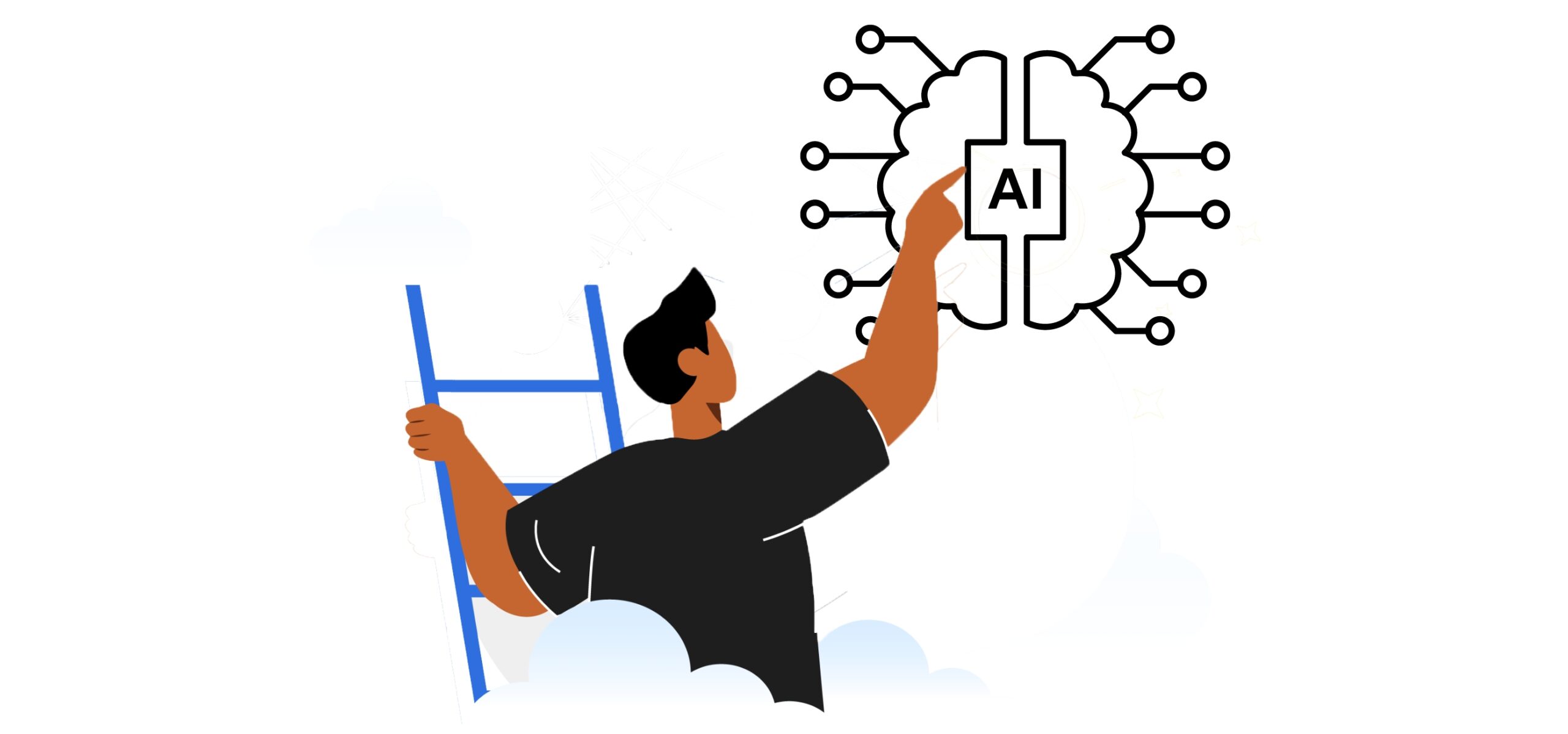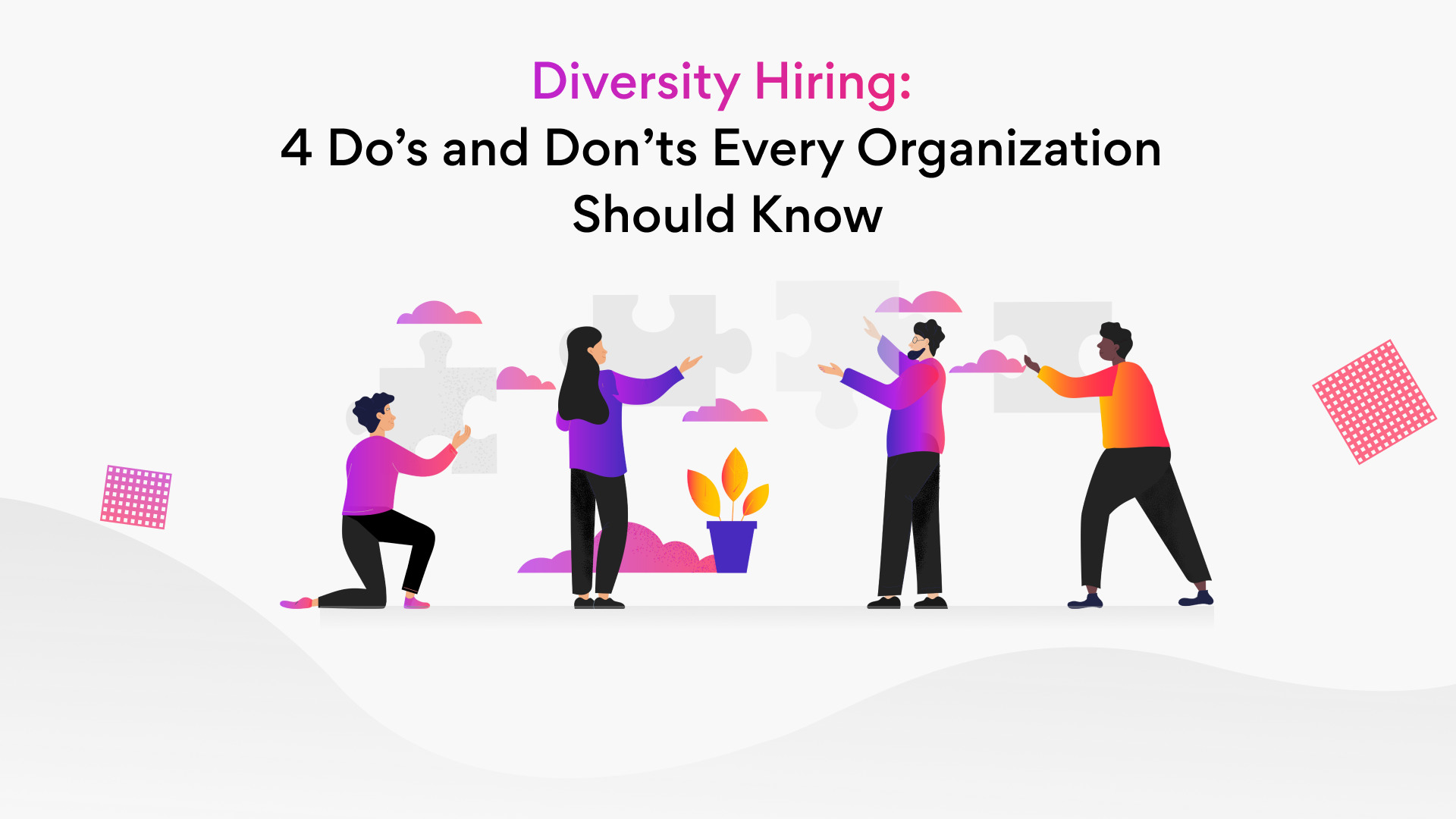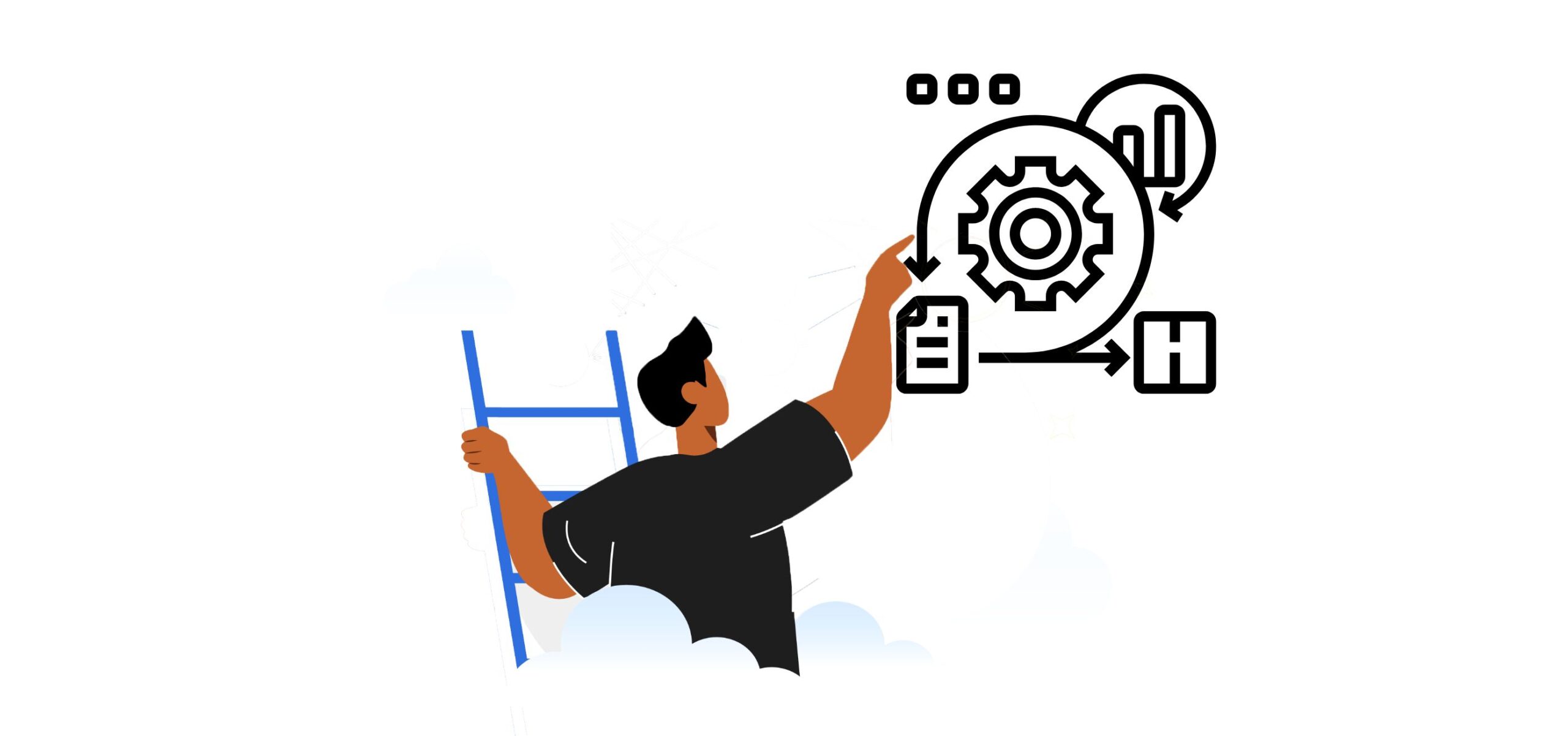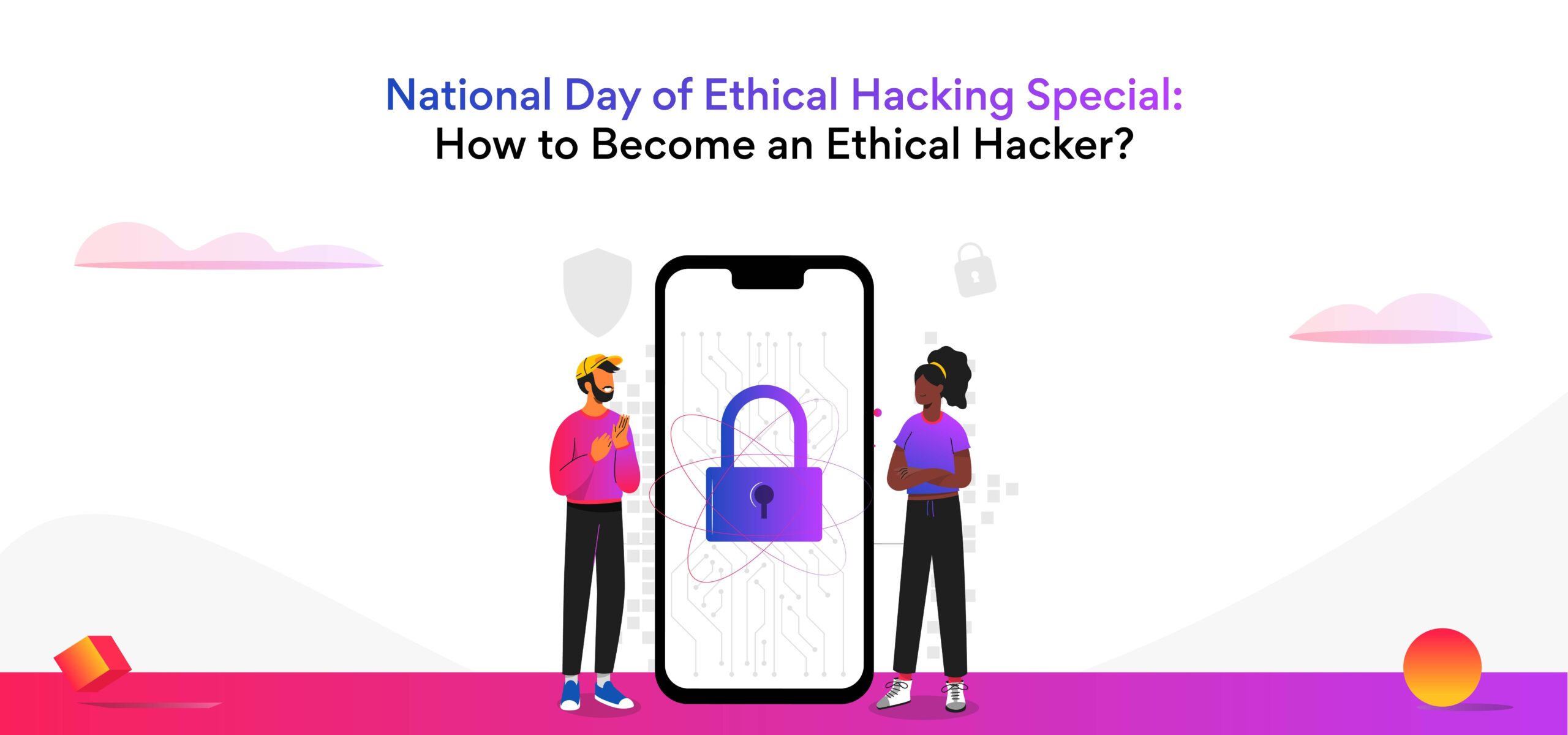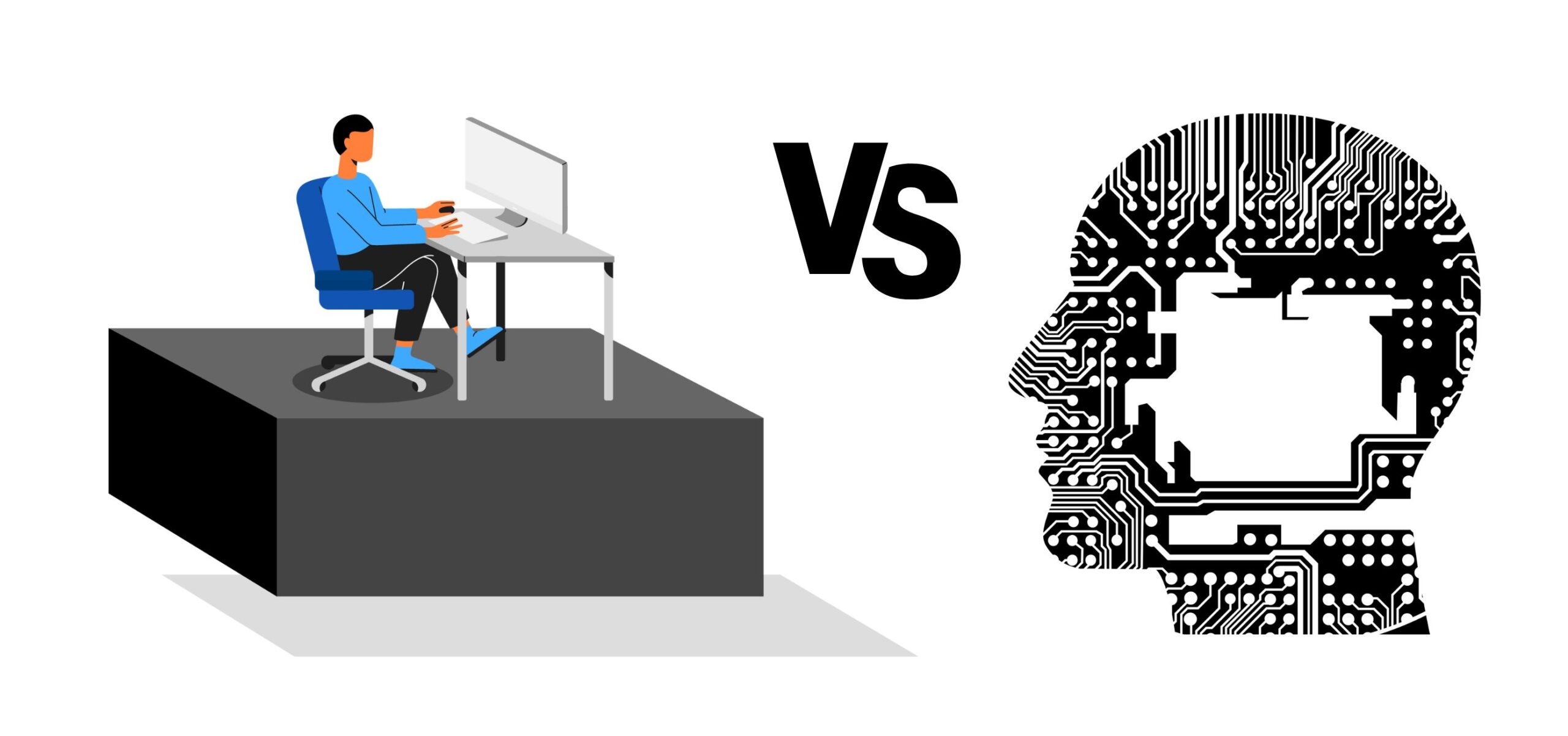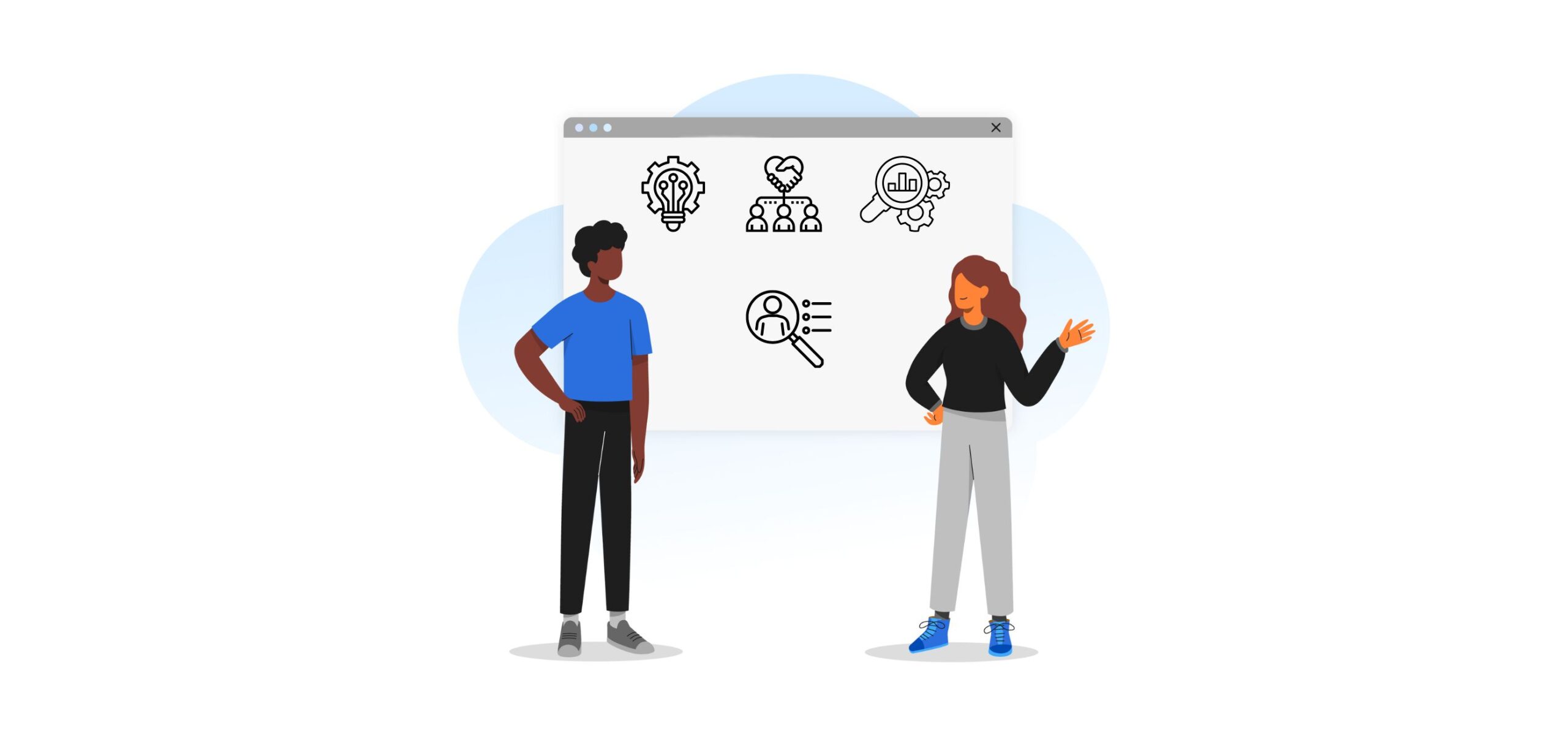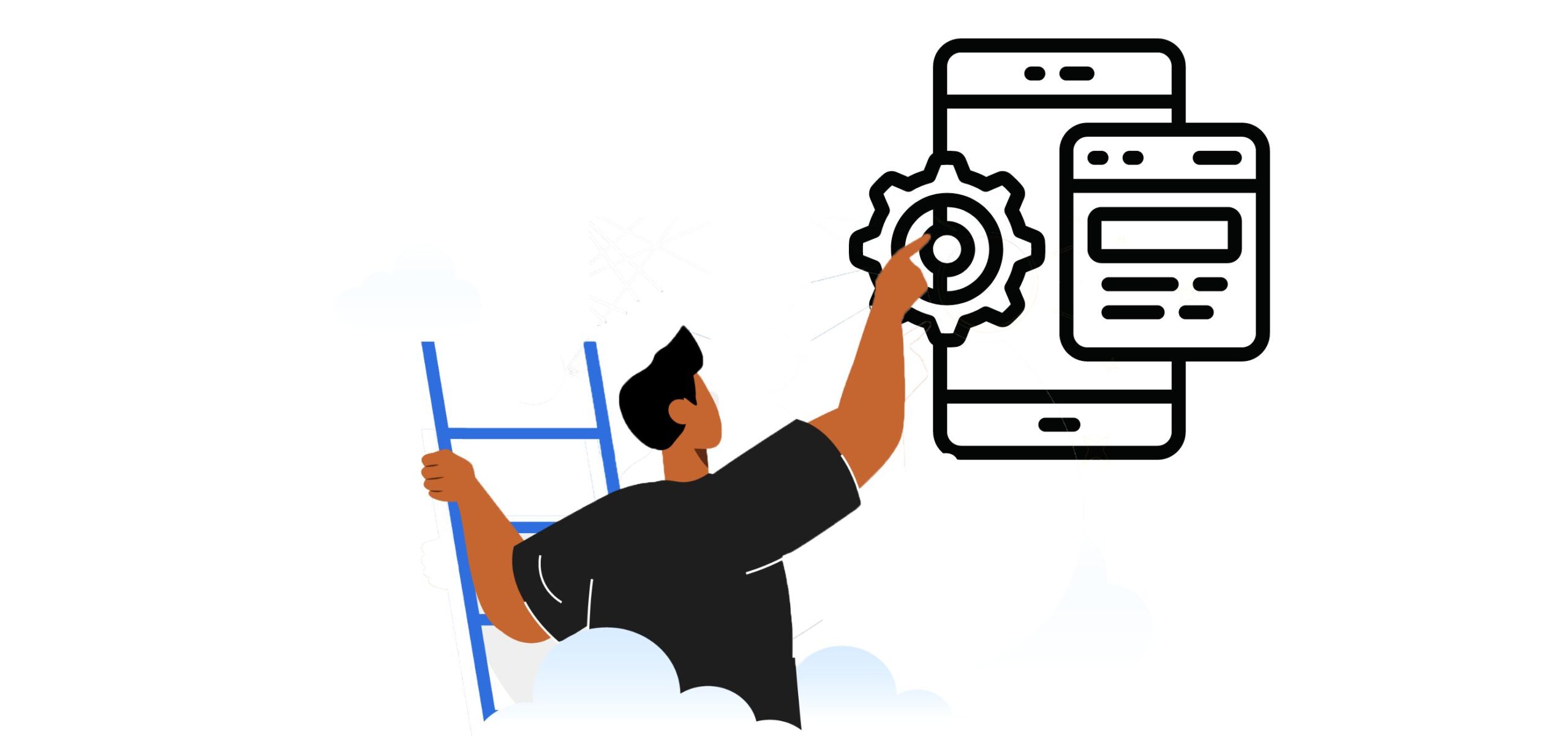Building Responsible AI – The Human Way
Webinar Summary
Event Date: April 13, 2023; 3 pm EST
Introduction to the Event
The nuances of human language and the subjective nature of words such as positive, negative, good, bad, right, and wrong make the meaning of words subjective. This poses a challenge in creating ethical AI systems, as AI models learn from human data and can inherit biases and prejudices that exist in society. Therefore, it is vital to develop ethical AI systems that take into account the diversity of human experience and ensure that AI does not perpetuate or amplify existing inequalities. To achieve this, transparency, accountability, and inclusivity must be prioritized.
On April 13, 2023, at 3 pm EST, Turing hosted a live webinar focused on helping the audience navigate common pitfalls and build AI responsibly with accountability. The event attracted more than 65 professionals from major enterprises who joined us live to step into the ethical side of futuristic AI that is inclusive, unbiased, responsible, accountable, and human-centered. Turing’s webinar featured five leading industry experts from the world of AI who discussed their experience building AI services and the important global factors that will impact the future of ethical AI.
Meet the Speakers
The five industry experts who spoke at the webinar are as follows:
- Kai Du, Director of Engineering, Turing, formerly a Facebook software engineer
- Paula Griffin, Director of Product, Turing, formerly a Quora PM with extensive experience in product management and data science
- Srinath Sridhar, CEO & Co-founder, Regie.ai, formerly one of Facebook’s first 100 engineers, using AI to transform content creation for businesses
- Susannah Shattuck, Head of Product, Credo.ai, formerly from IBM Watson and Google X, using her deep expertise to help organizations design, develop, and deploy ethical AI at scale
- Sandip Parekh, Vice President, Turing, an experienced transformation leader with broad experience in delivering SI programs, solution consulting, business development, and strong customer relationship management, acted as the moderator for the event
Event Summary
The event began with the panelists discussing the recent letter by the Future of Life Institute calling for a six-month moratorium on AI development. The panelists agreed that the pause is not an effective approach, with Srinath specifically explaining that there are several problems with the letter, including the fact that there is no containment timeline for the research. Susannah accurately pointed out the useful components of the letter, though in her opinion it’s wrongly headlined as a “six-month pause.”
Sandip then introduced the panelists and himself and pressed on with the webinar’s first question, which addressed the ROI on building AI solutions and the essential considerations of building responsibly for companies looking to sell AI products. Sandip and Susannah discussed the ethical implications of using AI and how to maximize the use of best practices for business outcomes. Susannah recommended that companies focus on responsible AI development if they want to sell AI products to customers concerned about the risks associated with them.
Moving on to the next open question, Susannah brought up the need for multiple and varied stakeholders who need to be included in the design phase early on. Srinath discussed how Regie.ai was built with a holistic approach early on and threw light on seven categories that were given special focus to ensure that bias was kept at bay. He also mentioned some of the 50 different use cases and categories that were treated sensitively.
In the following segment, the panelists delved into the topic of human control, with Paula taking the lead in explaining the various forms it can take. Through her adept facilitation, the audience recognized the irony that biases are, in fact, introduced through human training. Paula delved into the different types of human control that can be applied to various categories and dispelled common myths held by model builders, highlighting the importance of a moderation team in ensuring ethical and fair outcomes.
Kai then explained how the Turing Talent Cloud, a platform that connects companies with top AI talent, is designed to help companies build responsible AI. He emphasized the importance of finding talent with a diverse range of backgrounds and experiences to ensure that AI systems are inclusive and representative of different perspectives.
As the webinar moved into the Q&A section, Sandip and Srinath addressed concerns around the use of AI in autonomous weapons systems. They noted that although there are potential benefits to using AI in military operations, there are also significant risks and ethical concerns that need to be carefully considered.
The panelists also discussed the importance of data privacy and retention policies for AI systems. Susannah noted the growing need for more transparency around what data is used to train AI systems and that governments are starting to regulate what data can and cannot be used.
The webinar concluded with the announcement of giveaway winners and an invitation to reach out to Turing for a tailored assessment to kickstart the Imagine phase of the IDR framework for AI services. The IDR framework (Imagine, Deliver, Run) is backed by more than 3M cumulative hours of services project experience and supported by 50K immediately available, deeply vetted, and AI-matched developers from the Talent Cloud.
(Please contact benazir.waheed@turing.com for more details)
Conclusion
The development of ethical and responsible AI systems is essential to ensure that AI does not perpetuate or amplify existing inequalities. The panelists at the Turing webinar provided valuable insights and best practices for building responsible AI, including prioritizing transparency, accountability, and inclusivity; involving diverse stakeholders early in the design phase; and ensuring human control over AI systems. The use of the IDR framework and platforms like Turing Talent Cloud can also help companies build responsible AI and find top AI talent with diverse backgrounds and experiences. It is important that we continue to have discussions and take action to promote ethical and responsible AI development that benefits society as a whole.
Tell us the skills you need and we'll find the best developer for you in days, not weeks.
